Titanium alloys are revered for their impressive strength-to-weight ratios, exceptional corrosion resistance, and excellent biocompatibility. Among these alloys, Ti64, also known as titanium alloy Ti64, stands out due to its widespread applications and favorable properties. This article delves deep into the intricacies of Ti64, providing a detailed overview, exploring its composition, properties, applications, and various grades. Furthermore, we will compare different metal powder models, discuss the pros and cons, and address frequently asked questions about this remarkable alloy.
Overview of Titanium Alloy Ti64
Ti64 is a titanium alloy consisting of 6% aluminum and 4% vanadium. Its combination of light weight and high strength makes it a popular choice in aerospace, medical, and industrial applications. The alloy exhibits excellent mechanical properties, superior corrosion resistance, and good thermal stability, making it versatile and reliable for various demanding environments.
Composition of Titanium Alloy Ti64
The unique properties of Ti64 stem from its precise elemental composition. Here’s a closer look at what makes up this alloy:
| Element | Composition (%) |
|---|---|
| Titanium | 90 |
| Aluminum | 6 |
| Vanadium | 4 |
| Iron | ≤ 0.25 |
| Oxygen | ≤ 0.20 |
| Carbon | ≤ 0.08 |
| Nitrogen | ≤ 0.05 |
| Hydrogen | ≤ 0.015 |
| Others | ≤ 0.40 |
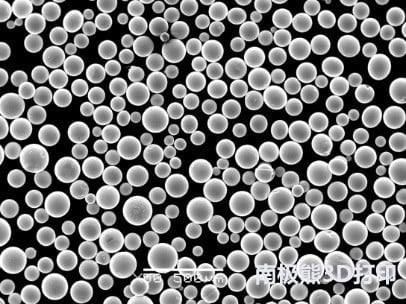
Properties of Titanium Alloy Ti64
Ti64 is renowned for its excellent mechanical properties. Here are some key characteristics:
| Property | Value |
|---|---|
| Density | 4.43 g/cm³ |
| Tensile Strength | 900 MPa (min) |
| Yield Strength | 830 MPa (min) |
| Modulus of Elasticity | 113.8 GPa |
| Elongation | 14% |
| Hardness | 349 HV |
| Melting Point | 1604°C |
Characteristics of Titanium Alloy Ti64
- High Strength-to-Weight Ratio: Ti64 is strong yet lightweight, making it ideal for applications where weight savings are crucial.
- Excellent Corrosion Resistance: The alloy resists corrosion in various environments, including marine and acidic conditions.
- Good Thermal Stability: Ti64 maintains its properties at elevated temperatures, suitable for high-temperature applications.
- Biocompatibility: Its non-toxic nature makes it suitable for medical implants and devices.
- Workability: While machining can be challenging, it can be forged, welded, and heat-treated effectively.
Applications of Titanium Alloy Ti64
Ti64’s unique properties enable its use in a variety of fields. Here are some notable applications:
| Application | Description |
|---|---|
| Aerospace | Used in airframes, jet engines, and spacecraft due to its strength and lightweight nature. |
| Medical Devices | Commonly used for implants and prosthetics owing to its biocompatibility and corrosion resistance. |
| Automotive | Employed in high-performance vehicles for components like connecting rods and exhaust systems. |
| Marine | Suitable for shipbuilding and offshore structures due to its resistance to seawater corrosion. |
| Industrial | Used in chemical processing plants and heat exchangers for its durability and corrosion resistance. |
Specifications, Sizes, Grades, and Standards
Titanium alloy Ti64 is available in various grades and specifications to suit different applications. Here’s a summary:
| Grade | Specification | Size Range (mm) | Standards |
|---|---|---|---|
| 5 | Ti-6Al-4V | Sheets: 0.5-100 | ASTM B265, AMS 4911 |
| 23 | Ti-6Al-4V ELI | Bars: 10-400 | ASTM F136, ISO 5832-3 |
| 24 | Ti-6Al-4V | Plates: 5-100 | ASTM B265, AMS 4907 |
| 35 | Ti-6Al-4V | Tubes: 10-200 | ASTM B337, ASTM B338 |
| 44 | Ti-6Al-4V | Forgings: 50-500 | AMS 4928, AMS 4967 |
Suppliers and Pricing Details
Finding a reliable supplier is crucial for procuring high-quality Ti64. Here’s a list of some notable suppliers and indicative pricing:
| Supplier | Country | Price Range (USD/kg) | Contact |
|---|---|---|---|
| ATI | USA | 100-200 | www.atimetals.com |
| VSMPO-AVISMA | Russia | 90-180 | www.vsmpo.ru |
| Baoji Titanium | China | 80-170 | www.baoji-titanium.com |
| Titanium Industries | Global | 95-185 | www.titanium.com |
| TIMET | USA | 105-195 | www.timet.com |
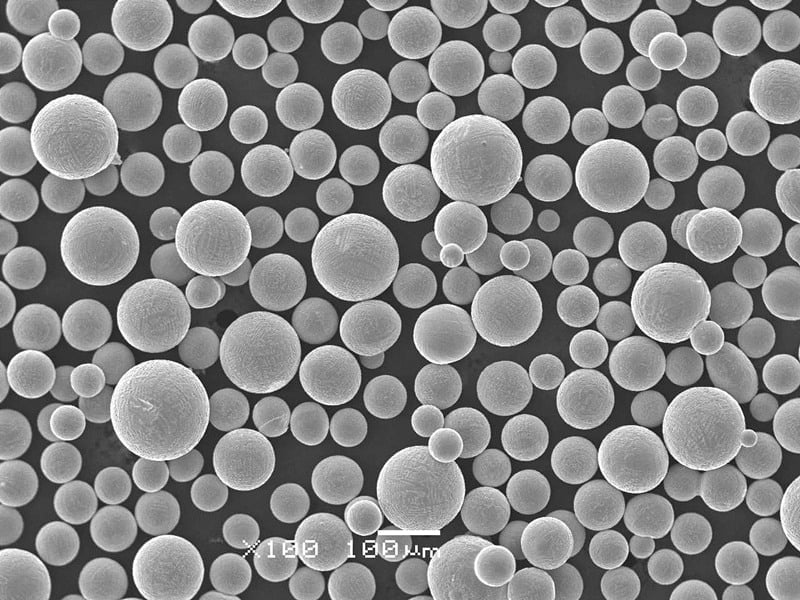
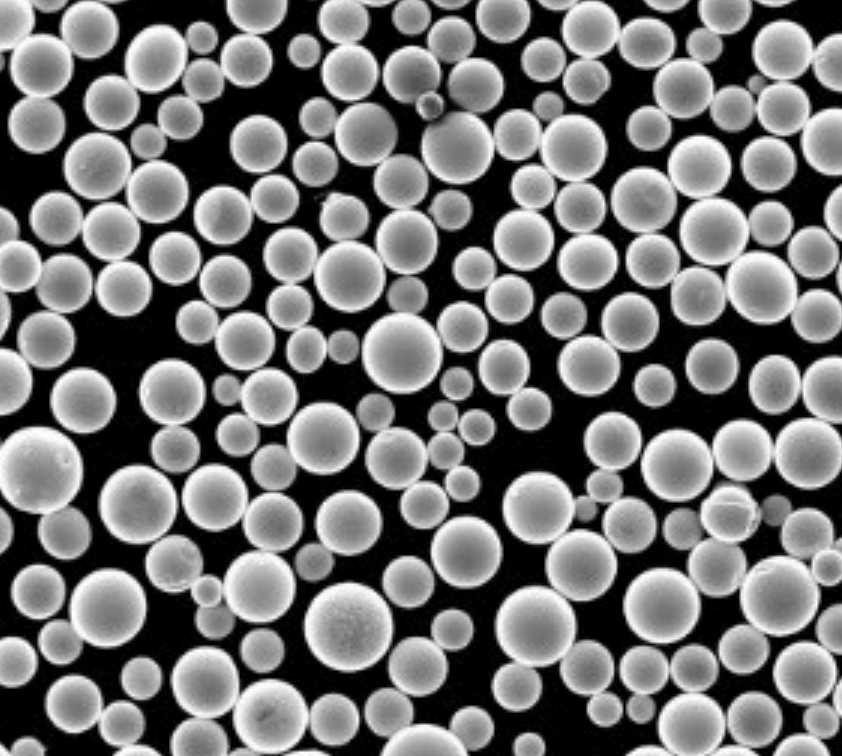

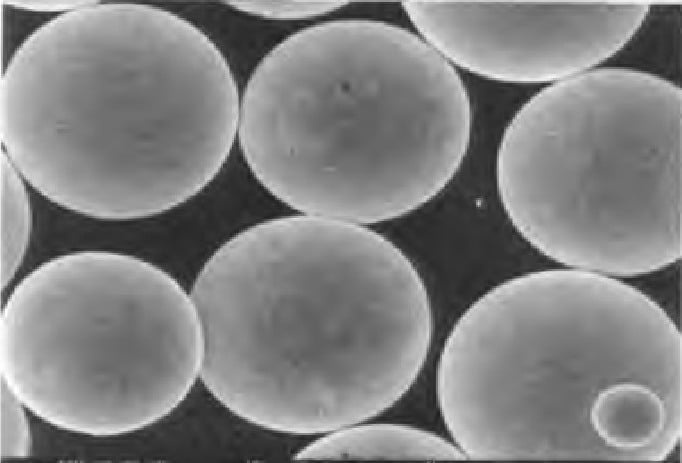
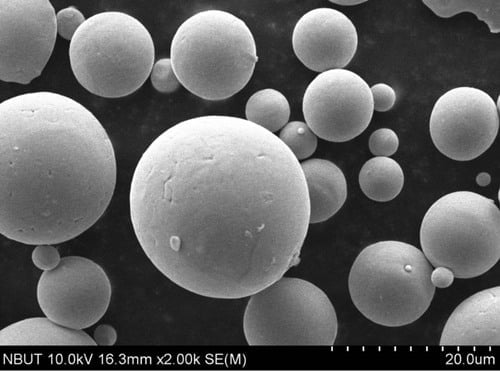
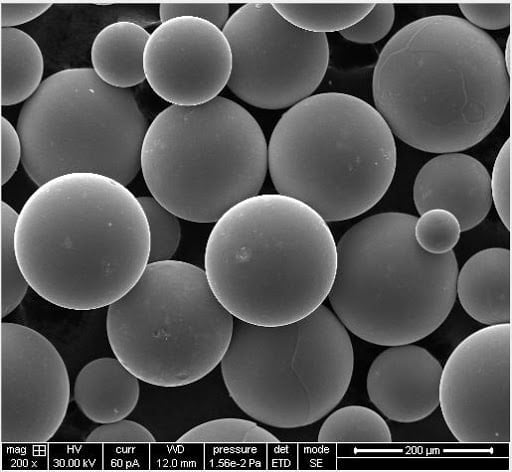
Comparing Pros and Cons of Titanium Alloy Ti64
While Ti64 offers many benefits, it’s essential to weigh its advantages against its limitations:
| Aspect | Advantages | Limitations |
|---|---|---|
| Strength | High strength-to-weight ratio | Expensive compared to other metals |
| Corrosion Resistance | Excellent in harsh environments | Requires special machining techniques |
| Thermal Stability | Maintains properties at high temperatures | Prone to galling and wear without proper lubrication |
| Biocompatibility | Safe for medical implants | Can be challenging to weld |
| Workability | Versatile in forming, forging, and heat-treating | Limited availability of high-grade material |
Metal Powder Models for Titanium Alloy Ti64
Metal powders are essential for additive manufacturing and other powder metallurgy applications. Here are some specific models of Ti64 powder, each tailored for different uses:
- Ti64-G1: General-purpose powder with a wide particle size distribution suitable for various AM processes.
- Ti64-G2: Enhanced flowability and higher density, ideal for laser powder bed fusion.
- Ti64-HIP: Optimized for hot isostatic pressing, providing high density and mechanical properties.
- Ti64-SP: Spherical powder designed for selective laser sintering with excellent flow characteristics.
- Ti64-E: Electron beam melting powder with controlled oxygen content for high-performance applications.
- Ti64-FS: Fine spherical powder for binder jetting and cold spray applications.
- Ti64-AM: Customized for additive manufacturing with a narrow particle size range for consistent printing quality.
- Ti64-CP: Chemically pure powder suitable for medical implants requiring high biocompatibility.
- Ti64-HT: High-temperature grade for applications requiring enhanced thermal stability.
- Ti64-LF: Low-fluoride variant for aerospace applications requiring minimal contamination.
Advantages and Limitations Compared to Other Titanium Alloys
When compared to other titanium alloys, Ti64 stands out but also has some trade-offs:
| Titanium Alloy | Advantages Over Ti64 | Limitations Compared to Ti64 |
|---|---|---|
| Ti-3Al-2.5V | Better formability and weldability | Lower strength and thermal stability |
| Ti-5Al-2.5Sn | Higher temperature capabilities | Less biocompatibility and workability |
| Ti-6Al-2Sn-4Zr-2Mo | Superior high-temperature performance | Higher cost and lower availability |
| Ti-6Al-7Nb | Better biocompatibility | Lower strength |
| Ti-8Al-1Mo-1V | Excellent high-temperature strength | More difficult to process and machine |

FAQ
To address common queries about Ti64, here’s a handy FAQ section:
| Question | Answer |
|---|---|
| What makes Ti64 so popular in aerospace applications? | Its high strength-to-weight ratio and excellent corrosion resistance make it ideal. |
| Is Ti64 suitable for medical implants? | Yes, its biocompatibility and non-toxicity make it a preferred choice for implants. |
| How does Ti64 compare to pure titanium? | Ti64 is stronger and more heat-resistant but slightly heavier than pure titanium. |
| Can Ti64 be welded easily? | Welding Ti64 can be challenging and requires specific techniques to avoid contamination. |
| What are the main challenges in machining Ti64? | Its hardness and tendency to gall require specialized tools and techniques. |
| Is Ti64 resistant to seawater corrosion? | Yes, it exhibits excellent resistance to seawater corrosion, making it suitable for marine use. |
| How is Ti64 powder used in additive manufacturing? | It is used in various processes like SLS, EBM, and laser powder bed fusion. |
| What is the typical price range for Ti64? | Depending on the supplier and specifications, it ranges from $80 to $200 per kg. |
| Are there any environmental concerns with Ti64? | The production process can be energy |
About 3DP mETAL
Product Category
CONTACT US
Any questions? Send us a message now! After receiving your message, we will process your request with a whole team.
